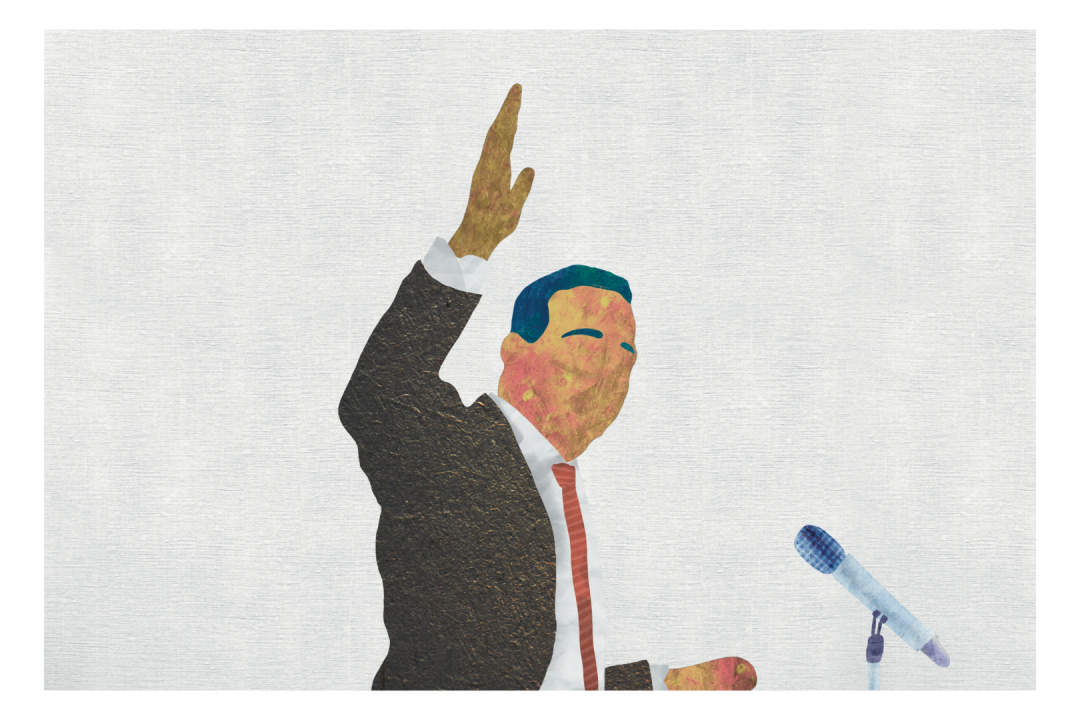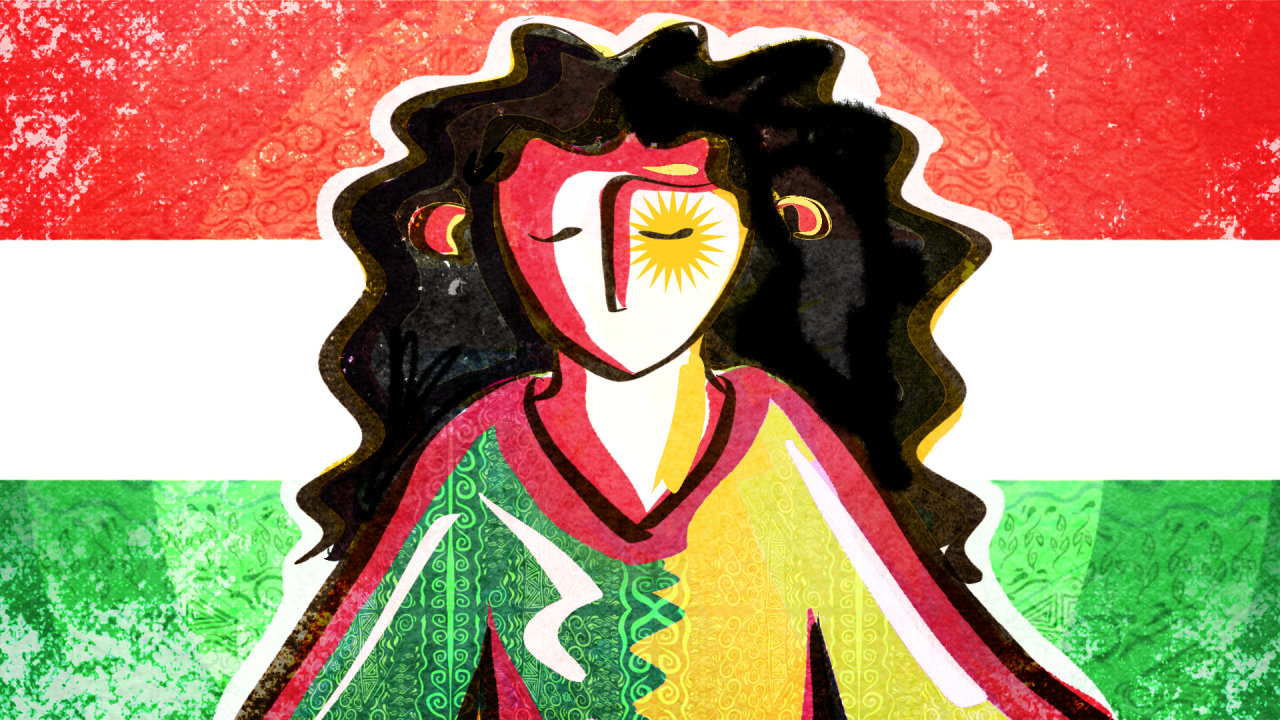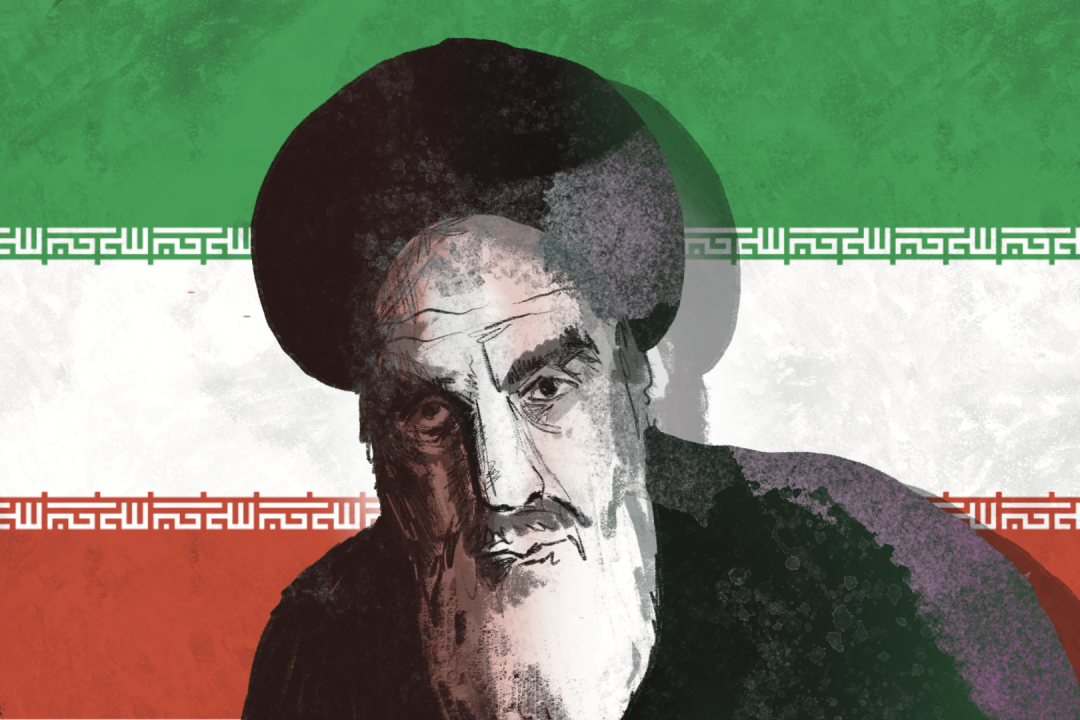
Case study analysis: Stages of micro-mobilization in the YPJ
This is an extract from Masters’ of International Affairs Thesis, “Why women fight together: A Comparative Case Study on the Establishment of All-Women Militias”
The following paragraphs discern the process of women’s micromobilization in the YPJ based on the discourse analysis of existing interviews with nine women of the YPJ as well as a qualitative content analysis.
The First Stage of Micromobilization in the YPJ
Women in fragile and conflict-affected states and situations perceive political alienation which generates political grievances
In 2013, the YPJ, or Women’s Protection Units, was founded by female members of the YPG, the People’s Protection Units. “In the roughly two years since the establishment of the People’s Protection Units, women had worked alongside men. They wanted credit for it.” (Lemmon, 2021, p. 23). The first units were formed in Afrin, Jazeera, and finally in Kobani (Ayn al-Arab) and worked beside the YPG (Selo, 2018). In their establishment the YPJ released a statement noting the goal of the women’s militia, which is to build a democratic and equal society to defend all women against discrimination and persecution beyond the Kurdish areas (Lemmon, 2021, p. 25).
“For the young women fighting, what mattered most was long-term political and social change … They believed beating ISIS counted as simply the first step toward defeating a mentality that said women existed only as property and as objects with which men could do whatever they wanted. Raqqa was not their destination, but only one stop in their campaign to change women’s lives and society along with it.” (Lemmon, 2021, p. xxix).”
These statements, as made by Lemmon (2021) in her analysis of the women fighting in the YPJ, underline the importance of political change for the founding of the YPJ. In fact, for seven of the nine women in the Women’s Protection Units, statements can be found that reflect the perception of political alienation which is believed to generate political grievances in stage one of the women’s micromobilization process. Nowruz, one of the commanders within the YPJ, explains:
“I lived in a community where women had been vulnerable and marginalized to a great extent. Women’s life was restricted strictly by social norms, as they were not allowed to express their opinion without the consent of the family breadwinner, the father, brother or husband. The woman was almost deprived from the right of education and work and almost subjected to forced marriage at early age. So since my early days I had a reaction to these social norms and restrictions imposed on women at that time. This prompted me to make my decision not to live like the rest of women under the social norms tyranny” (Syrian Democratic Times, 2021).”
Two other women, Azeema and Rodja, speak of a particular political event that sparked their interest in engaging with women’s rights issues. In 2004, a football game in Qamișlo triggered the hitherto greatest Kurdish rebellion against the Ba’ath rule. The game was between the team al-Futuwa from Deir az-Zor, primarily with Arab-nationalist fans, and al-Jihad from Qamișlo, which was primarily Kurdish. The tossing of bottles and stones by fans of al-Futuwa sparked fighting between both sides, which caused Syrian security forces to shoot live ammunition, killing nine people in the process. The situation escalated during the Kurdish funeral procession, where shots were fired at demonstrators. Demonstrations soon spread to Amûdê, Dêrik, Serê Kaniyê, and Kobanê. In total, 33 people were killed by the ensuing violence and between 1,000 and 2,000 people were arrested and tortured in the weeks following the protests. The demonstrations of 2014 created new optimism for Kurdish adolescents who came to view the possibility of a revolutionary solution to their problems (Schmidinger, 2018, p. 74-76). For Rodja, the “2004 protests following the soccer match in Qamishli shattered her conception of the future. Those protests changed Rojda, just as they had Azeema” (Lemmon, 2021, p. 14). “Politics in Syria remained largely dominated by men, regardless of community, but women across the country were coming out into the streets to organize protests. Among the Syrian Kurds, women played a growing role. Azeema intended to be part of the movement” (Lemmon, 2021, p. 10).
From the women’s accounts of their micromobilization the perception of political alienation came early on in their lives. As Nowruz knew that she saw the world differently from those around her since girlhood (Lemmon, 2021, p. 16), so Narin Afrin equally dreamt of equality as a child (Solomon, 2014). It is the political alienation and, most importantly, the notion of women’s emancipation which initially drives the sentiment of political grievances. The ideological side, that of gender equality, is also what initially attracted Znarin, another member of the YPJ (Lemmon, 2021, p. 18). It is either the comparison of women’s roles with that of men in society or particular political events which created this perception of political alienation amongst women. As Zalal explains: “When I was at home … all the men just thought that the women are just cleaning the house and not going outside” (Griffin, 2014). Hala reflects on her process of micromobilization by noting that it was after all that she saw that she decided to take measures into her own hands (Lemmon, 2021, p. 199). In the first stage of micromobilization, these observations which YPJ members such as Nowruz, Narin Afrin, Znarin, Zalal or Halal reiterated resulted in political grievances which these women acted upon.
The Second Stage of Micromobilization in the YPJ
Individual political grievances are reinforced by other women who experience similar grievances fueling group-centered grievances
Kurdish women had fought for years for national liberation within the Kurdistan Workers’ Party (PKK), finding themselves marginalized within the movement. In 1998, Abdullah Öcalan, the founder and ideological leader of the PKK, announced his philosophy on the emancipation of women for the movement. According to him, the oppression of women is rooted in patriarchal mentality passed on through generations. His philosophy on Kurdish national liberation intersects with his philosophy on women’s emancipation, where all Kurdish people, not only women, should be able to live freely (Selo, 2018; Lemmon, 2021). Women came to view the PKK as an alternative to escape from the strong patriarchal structure and culture of Kurdish society. This represented a significant break with traditional gender roles within the PKK as women’s increased presence in the organization further changed the party’s gender ideology (Merdjanova, 2021). Along with the women’s movement, Öcalan is the one to be accredited for making feminism a key issue of the Kurdish question (Oppenheimer, 2019).
The importance of Öcalan for Kurdish women’s emancipation is echoed in interviews with members of the YPJ. Azeema, one of the Women’s Protection Units members, strongly believed that Kurdish people could not be free if women were not free as well (Lemmon, 2021, p. 10). For Znarin, another Women’s Protection Units member, the philosophy of Öcalan also played a role in her recruitment into the YPJ. As Lemmon (2021) describes, “A woman came to her family’s house in Kobani and asked if she wanted to help women in the community …. This woman began telling Znarin about the teachings of Öcalan and how no society could be free, could shake off its enslavement, without women playing an equal role in their communities” (p. 22). Znarin’s example highlights how women can be mobilized by others, an indication that perceived political alienation generates political grievances. These individual political grievances are reinforced by other women, with similar grievances, fueling group-centered grievances, encountered in stage one and two of women’s micromobilization.
For five of the nine women, statements can be found which correspond to stage two of the micromobilization process. Znarin for example had previously considered fleeing from Kobani as she faced constant pressure from the men in her household deciding on what she could not become and whom she could not marry.
“Men made all the decisions about women’s lives. And until that changed, she could do almost nothing. She wondered: Was she the only person who felt this way? The only person who believed that things shouldn’t be the way they were?” (Lemmon, 2021, p. 22).
When asked to join a women’s organization, the Congress Star, she let herself be recruited. The Democratic Union Party’s ‘Star Union of Women’, later renamed to ‘Congress Star’, was founded in 2005 with the aim of establishing a women’s organization to combine the strength and potential of Kurdish women in Western Kurdistan. Its objectives are to allow women an independent form of organization, to fight gender inequality as well as to consolidate the ideology of women’s freedom in society. The Star Congress and the YPJ share a “reciprocal symbiotic relationship”, in which girls are encouraged to engage in the Women’s Protection Units to promote its principle of self-protection (Selo, 2018, p. 5). “For Znarin herself, joining Congress Star brought the thunderbolt of a realization: that other people thought just as she did that women should have a say in their lives” (Lemmon, 2021, p. 22). Similarly Nowruz speaks of how she had to leave school early and joined both the women’s movement as well as the unions that actively emancipated women to their rights. “Here, I took my first steps in the struggle for the rights of my people in general and the rights of women in particular” (Syrian Democratic Times, 2021). Not only women’s movements or unions have an active impact on the exploration of group-centered grievances. For Narin Afrin a female PKK fighter from Turkey influenced her enlistment in the YPJ as she exuded the freedom and confidence she longed for (Solomon, 2014).
The Third and Final Stage of Micromobilization in the YPJ
Group-centered grievances motivate participation in all-women's militias as the collective action dilemma is overcome
For six of the nine women analyzed, it is apparent how group-centered grievances motivate participation as the collective action dilemma is overcome. “By now Znarin had been radicalized to the cause of women’s rights and, as a consequence, Kurdish rights. The natural next step for her, she felt, was to take up arms to defend both. She had absolutely nothing to lose” (Lemmon, 2021, p. 23). Comparably, Nowruz recounts how, through clandestine organizations and meetings, groups of women would come together to train and improve themselves, the aim being to demand a permanent change of the situation for women, particularly Kurdish women (Syrian Democratic Times, 2021). Narin Afrin speaks of the cause and beliefs that bind the women together in their fight (Solomon, 2014). Hawzhin Azeez communicates how the YPJ presents an ideology of self-protection as women, resisting any force, be it ideologically motivated or routed in terrorism, that believes that women are not equal to men (Khera, 2016). The cause it seems from these testimonials is what binds these women together and allows them to motivate one another.
Statements following the success of the YPJ in fighting ISIS highlight the eagerness of female participants to showcase the role of women in the process: “Now that Kobani is free, what we want to tell the world is that women have played a great role in liberating this town” (Lemmon, 2021, p. 104); “One day we will be finished with this war. And then people will know that women showed their power on the front lines” (Lemmon, 2021, p. 87); and “Now they ISIS members can talk to each other about getting killed by women instead of just beheading and enslaving them” (p. 28). Contrary to the literature on women’s motivation for participation in mixed armed groups, where Kampwirth (2002) highlights that only one single woman out of 200 interviewees spoke of gender equality (Ibid., pp. 11-14); Viterna (2006) notes that only seven of 38 guerilla women cited political reasons for participation (p. 20) and Henshaw (2016) finds that political grievances have no significant relationship to the presence of women in armed groups, the women who participated in the YPJ all spoke of gender equality, women’s emancipation and rights in their discourse.



